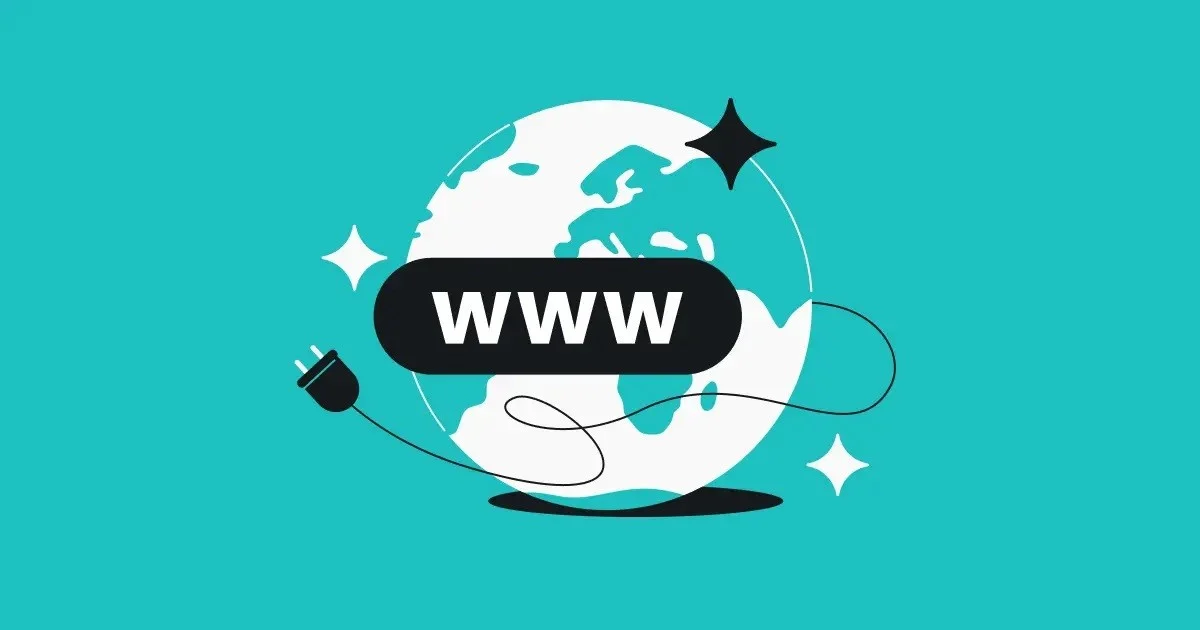24/02/2025
24/02/2025

NEW YORK, Feb 24: 2024 marked a record-breaking year for government-imposed internet shutdowns, with at least 296 incidents across 54 countries, according to a new report by Access Now. This surge in shutdowns highlights a troubling global trend, where authorities use internet blackouts to suppress dissent, hinder protests, and control elections.
The report, part of Access Now’s #KeepItOn campaign, reveals that governments and military forces increasingly view internet shutdowns as tools of warfare and collective punishment. “Authorities and warring parties wielded an unprecedented number of internet shutdowns as a weapon of war and a tool for collective punishment, hurling communities into digital darkness and concealing grave human rights abuses,” said Felicia Anthonio, manager of the campaign.
Myanmar overtook India as the worst offender in 2024, imposing a staggering 85 shutdowns, largely to target resistance to its military regime. This was a significant increase from 2023, when India had the highest number of shutdowns. India recorded 84 shutdowns in 2024, maintaining its position as a major violator. Together, Myanmar and India accounted for a significant portion of the global total, while Pakistan (21 shutdowns) and Russia also made up a large share of the incidents.
The report found that the majority of shutdowns occurred in just four countries: India, Myanmar, Pakistan, and Russia, responsible for more than 70% of the global total. Conflict remained the primary driver of these disruptions, accounting for 103 shutdowns in 11 countries, including Ethiopia, Sudan, and Ukraine.
The MENA region saw a decrease in the overall number of shutdowns compared to 2023, with 41 documented incidents in 2024. However, the number of affected countries increased, and the use of shutdowns continued to grow in conflict zones. Israel was a major player, imposing several shutdowns during its ongoing military campaign in Gaza, systematically cutting off communication infrastructure. In Sudan, the civil war between the Sudanese Armed Forces and the Rapid Support Forces led to widespread internet blackouts, disrupting access to essential services for millions of civilians.
Cross-border shutdowns also saw a marked increase, with governments extending their reach to neighboring countries. Notable examples include Russia’s interference in Ukraine, Israel’s actions in Gaza, and China’s involvement in Myanmar. These disruptions had serious consequences for affected populations, especially in regions already facing severe humanitarian crises.
A concerning new trend in 2024 was the rise in platform blocks, particularly in the MENA region, where authorities in 10 countries restricted access to platforms as a means of controlling information. These actions were especially prevalent during times of conflict and unrest, further complicating the ability of citizens to share critical information. Meanwhile, cyberattacks, such as those by the Anonymous Sudan hacker group, contributed to shutdowns in countries like Bahrain, Chad, and Israel.
In addition to conflicts and censorship, the year also saw internet shutdowns linked to education. The MENA region continued to lead globally in exam-related shutdowns, with 10 disruptions across five countries. This tactic, often justified as a means to prevent cheating, has faced increasing resistance from civil society groups, who argue that such measures unfairly punish entire populations and violate the right to access information.
As internet access continues to be weaponized for political control, the report stresses the need for greater accountability in addressing digital violence. “As internet access becomes consistently weaponized, restricted, and precarious, we are seeing pervasive patterns of crushing censorship and an urgent need for greater accountability,” Anthonio said.
The growing prevalence of internet shutdowns serves as a stark reminder of the critical role the internet plays in modern society. The ability to access information, communicate freely, and participate in democratic processes should be protected, not suppressed. As governments around the world increasingly resort to digital blackouts, global efforts must intensify to safeguard online freedoms and ensure that the internet remains a space for open communication and transparency.


